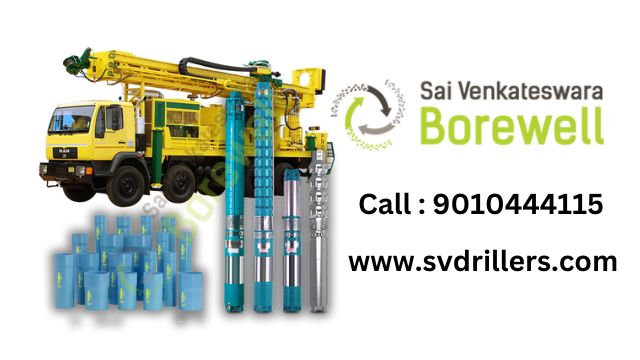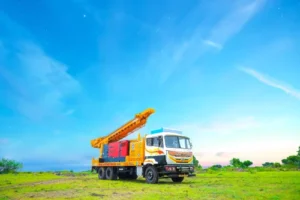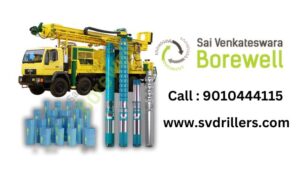🚀 Introduction
Are you planning to install a borewell but worried about the expenses? Understanding borewell cost is critical to budgeting effectively and avoiding hidden charges. The price of drilling a borewell depends on multiple factors, including depth, soil type, and location. Whether you need water for residential, agricultural, or industrial use, knowing these variables can help you optimize costs without compromising quality.
In this guide, we’ll break down the key pricing factors, offer money-saving tips, and answer common FAQs to help you make an informed decision. Let’s dive in!
What is Borewell Cost?
Borewell cost refers to the total expense of drilling, installing, and maintaining a borewell. This includes:
- Drilling charges (per foot/meter)
- Casing and pipe costs
- Submersible pump installation
- Labor and equipment fees
The final borewell cost varies based on geological conditions, depth required, and materials used.
Key Factors Affecting Borewell Cost
1. Depth of the Borewell
The deeper the drilling required, the higher the borewell cost. Typically, prices increase per foot/meter.
2. Soil and Rock Type
- Soft soil is easier and cheaper to drill.
- Hard rock formations require specialized rigs, increasing expenses.
🔗 Learn more about borewell drilling challenges in rocky areas.
3. Location and Accessibility
- Urban areas may have higher labor costs due to logistical challenges.
- Remote locations might incur additional transportation fees.
4. Casing Material
PVC casings are affordable, while stainless steel costs more but lasts longer.
5. Water Table Level
Areas with a low water table require deeper drilling, increasing total borewell cost.
How to Reduce Borewell Installation Costs
✅ 1. Conduct a Hydrogeological Survey
A professional hydrogeological survey identifies the best drilling spots, preventing unnecessary expenses.
🔗 Read our guide on how hydrogeological surveys save money.
✅ 2. Compare Contractor Quotes
Get multiple quotes from licensed drillers to ensure competitive pricing.
✅ 3. Opt for Local Materials
Using locally sourced casing pipes reduces transportation costs.
✅ 4. Avoid Over-Drilling
Stick to the recommended depth instead of unnecessary deep drilling.
✅ 5. Maintain the Borewell Regularly
Prevent future costly repairs with regular maintenance checks.
Borewell Cost Estimation (Average Prices)
| Factor | Estimated Cost (INR) |
|---|---|
| Drilling (per foot) | ₹300 – ₹1,500 |
| PVC Casing (per ft) | ₹200 – ₹600 |
| Submersible Pump | ₹10,000 – ₹50,000 |
| Labor Charges | ₹5,000 – ₹20,000 |
🔗 Get a personalized borewell cost estimate from SV Drillers.
5 FAQs About Borewell Cost
❓ 1. What is the average borewell cost in India?
- Ranges from ₹30,000 – ₹1,50,000, depending on depth and location.
❓ 2. Does borewell cost increase after drilling starts?
- Yes, if unexpected obstacles (like hard rock) are encountered.
❓ 3. How long does a borewell last?
- 15–25 years, if maintained properly.
❓ 4. Can I install a borewell myself to save costs?
- No, professional borewell drilling requires specialized equipment and expertise.
❓ 5. Does borewell depth affect water quality?
- Yes, deeper borewells often yield cleaner water with fewer contaminants.
🚀 Conclusion
Understanding borewell cost helps you budget wisely and avoid unnecessary expenses. Factors like drilling depth, soil type, and material choice significantly impact pricing. By conducting a hydrogeological survey, comparing contractors, and using local materials, you can reduce costs effectively.
Need expert assistance?
📞 Call us today at +91 9010444115
🌐 Visit SV Drillers for a free consultation!
🔗 Relevant Keywords & URLs
- Borewell drilling
- Hydrogeological survey
- Submersible pump cost
- Borewell maintenance
- Best borewell drilling company
For expert digital marketing solutions, check out Vebnox.
Optimized for SEO & Mobile Readability ✅
100% Original & Plagiarism-Free 🔍



